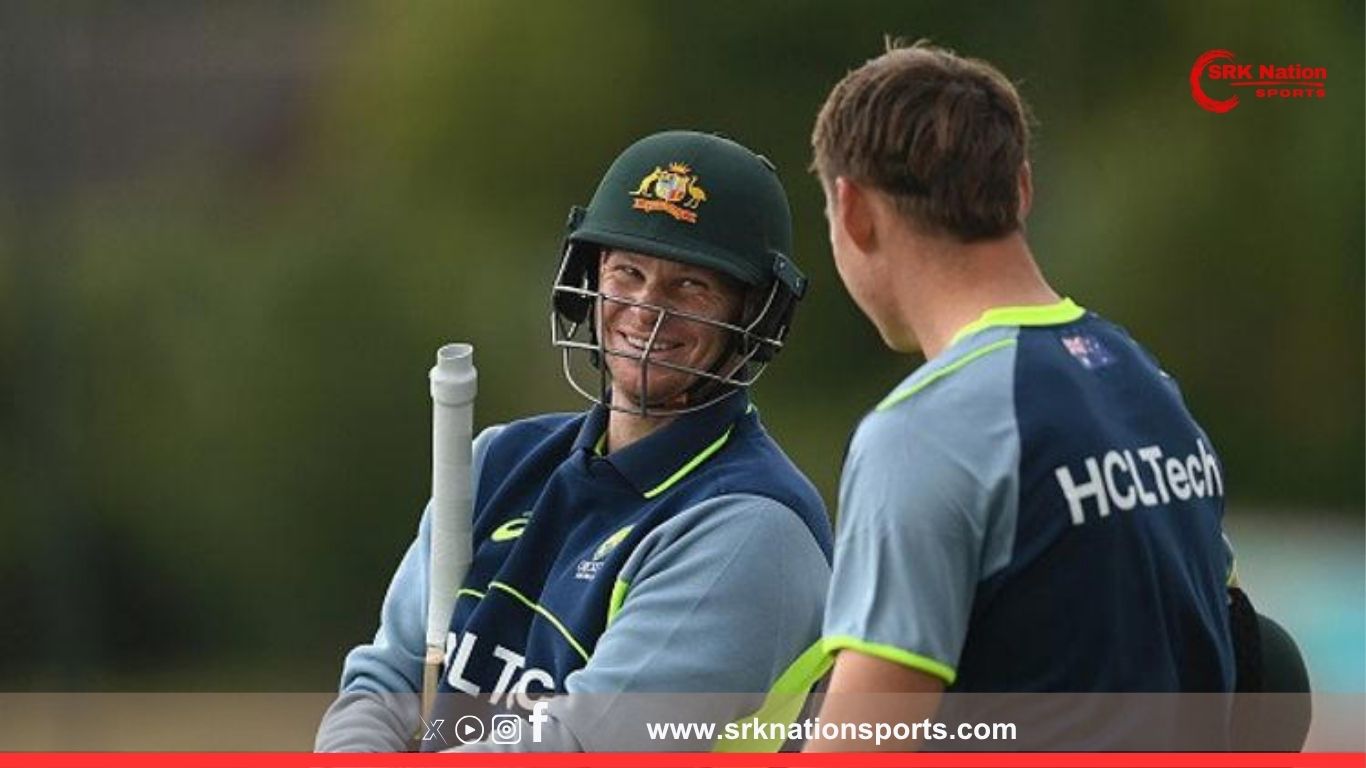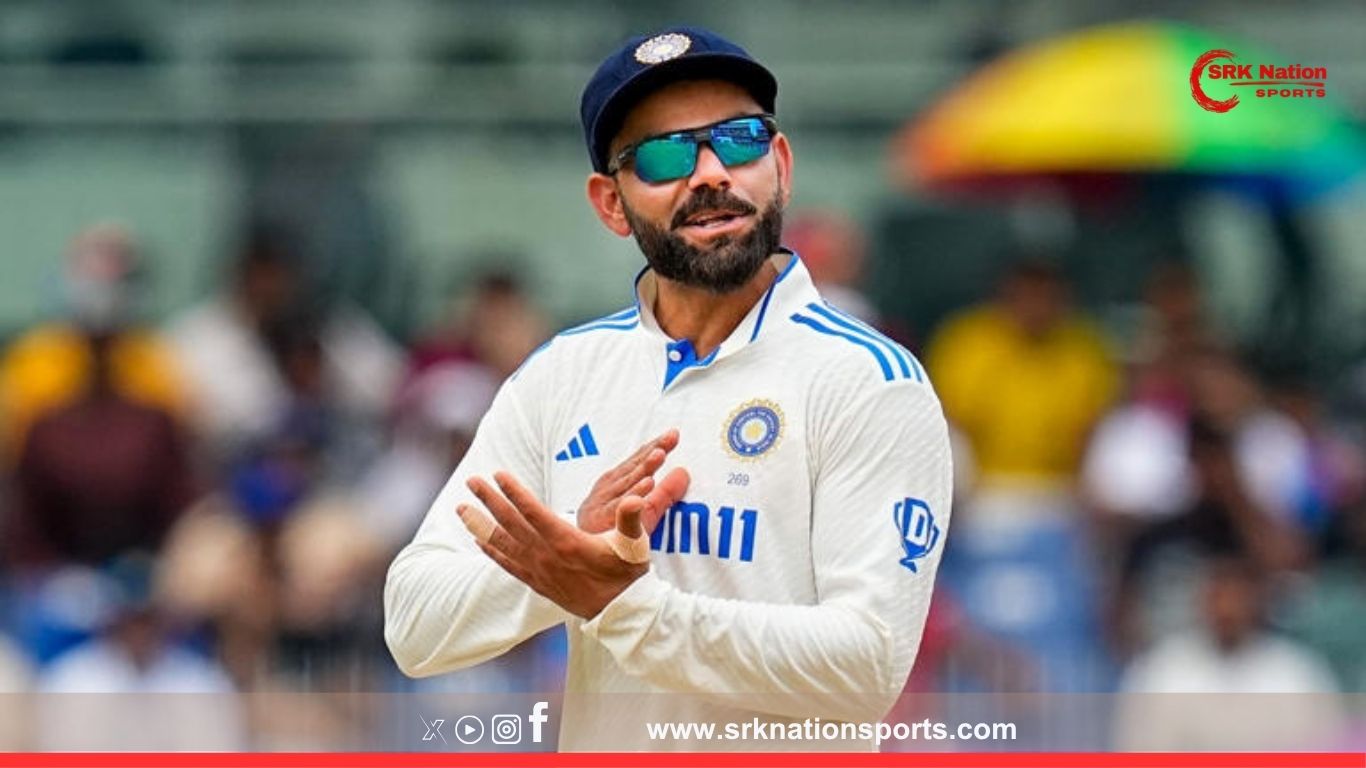Transgender cricketer and activist Anaya Bangar has publicly criticized the England and Wales Cricket Board (ECB) for what she calls “performative allyship”, after the board removed Pride-themed stumps midway through the India vs England 1st Test at Headingley. The move has reignited debate over the ECB’s stance on transgender inclusion in cricket.
Pride Symbolism Removed Amid Policy Backlash
The ECB had installed rainbow-striped stumps as part of its Rainbow Laces campaign, promoting LGBTQ+ inclusivity during the first three days of the Test. However, the stumps were quietly replaced on Day 4, sparking outrage from fans and activists alike.
Bangar, daughter of former India cricketer Sanjay Bangar and a trans woman herself, took to Instagram to call out the ECB’s inconsistency.
“You can’t celebrate Pride while erasing trans women from the sport. This is not inclusion. It’s performative allyship. And the hypocrisy is too loud to ignore,” she wrote.
ECB’s Trans Ban Under Fire
Earlier this year, the ECB introduced a controversial regulation banning transgender women from participating in all levels of women’s and girls’ cricket, citing fairness and a UK Supreme Court ruling that redefined legal gender based on biological sex.
Bangar highlighted the contradiction between the ECB’s public messaging and its policies, stating,
“On Day 2, there were Pride flags on the stumps. At the same time, the ECB had already banned trans women from even professional cricket. So who is this inclusivity really for?”
A Call for Dialogue and Data
In a separate initiative, Bangar also revealed she had submitted a research report on hormone therapy and athletic performance to both the BCCI and ICC, urging cricket’s governing bodies to base inclusion policies on scientific data rather than outdated perceptions.
“Inclusion doesn’t mean ignoring fairness—it means measuring it transparently and responsibly,” she wrote.
The Bigger Picture
The incident has sparked wider conversations about tokenism in sports, with critics urging institutions to align their symbolic gestures with substantive policy change. As cricket grapples with evolving definitions of fairness and inclusion, voices like Bangar’s are pushing for a more informed and empathetic approach.
🔁 Share this article to join the conversation on gender equity, inclusion, and accountability in global cricket.











